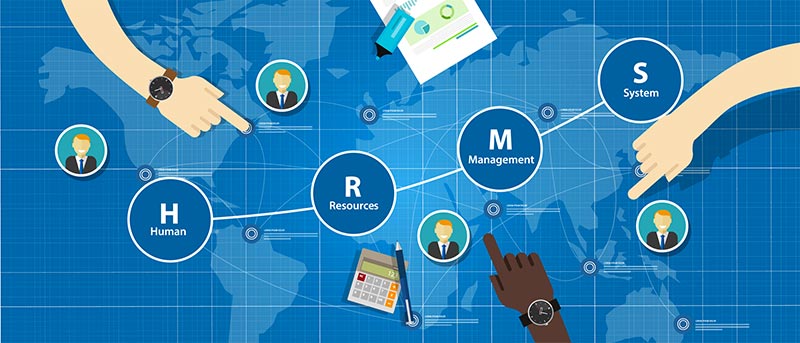Gone are the days when every petty to serious matter happening in an organization was an HR professional’s concern. Every pat on the back was received by the employees from the HR department and similarly, they were supposed to bear all the blame for everything that went bad. But, with the advent in technology, automation took over and eventually reduced human intervention. Today, HRMS software has taken the corporate world by storm and is adopted by almost every other organization. Now, the current scenario is such that all the HR-related processes are ten times more productive and efficacious than the traditional human-dependent management of tasks. Every nook and corner of a firm is supported by one or the other HR function. Thus, it is clear that you can’t do without making your HR operations automated and top-notch. So, if you have been living under the rock until now and didn’t try experiencing the boons of HRMS, now is the time!
Let us walk you through the most prevalent benefits of an HRMS software and how it can bring success to your company:
Simplified Recruitment And Onboarding
This is the first step of human resource management and the first stage of employee lifecycle as well. So, as soon as a new employee sets foot in the organization, every process involved is automated with the help of HRMS. From welcoming the newbie to entering the personal information in the system and assigning KRAs & KPIs to scheduling training sessions, everything is automated using an HRMS software. It not only makes a positive impression on the newly recruited employees, but also works well with employee engagement and retention.
Easy Time And Attendance Management
Next in a working professional’s journey comes the important process of time and attendance management that the HR department handles. Nowadays, this intricate task is easily managed by the interlinking of a Biometric System and an HRMS software. As soon as an employee punches in through a sensor, it gets recorded in the system and reflects the ‘Present’ and ‘Absent’ based on the number of working hours that the software calculates.
Less Complexities in Payroll Processing
After hiring, onboarding and attendance management comes the payroll administration. Remove passion and dreams from the picture, every employee actually works to earn wages for maintaining a decent livelihood. Now, after the registration of attendance of each employee, the same data goes into calculating the salary based on days marked present and the offered remuneration. This process is completely automated using an HRMS now which used to create a huge havoc in the past.
More Efficient Performance Evaluation
Another imperative part of an employee’s life is performance evaluation and management. This module integrated in an HRMS software mechanizes the procedure of assigning daily responsibilities to employees, setting targets and assessing results. Based on the evaluation of the recorded data, the employees get rewards, awards, appraisals, bonuses and promotions. Moreover, the reports are completely factual so that the chances of biases and favoritism are avoided altogether.
Data Management And Centralization
Who likes the fuss of paperwork these days? Almost all the industries have adopted HRMS for this purpose only. The cloud-enabled systems let you store as much data as you want without the need to worry about storage issues. Also, such vast information stored in the system can be accessed by anyone at any time. So, the feature of data centralization resolves most of the problems. Hence, one of the biggest challenges in any organization, i.e., data management is easily resolved using the software.
Minimized Budget And Staffing for HR
As a result of the automation in the HR department due to the implementation of an HRMS software, more than half of the responsibilities of the HR professionals are taken over by it. This almost nullies the importance of manual intervention in a lot of processes. So, the need to recruit HR personnels highly reduced and the cost incurred on hiring, training and promoting them is also cut.





